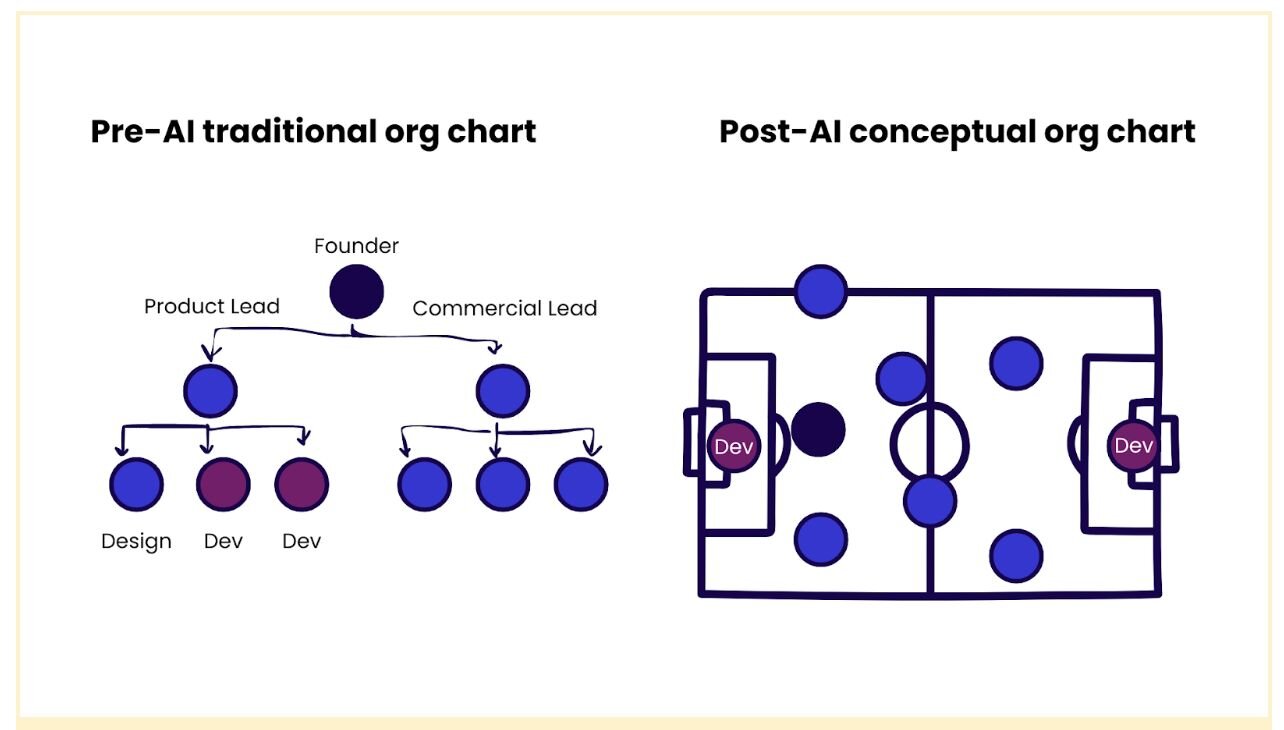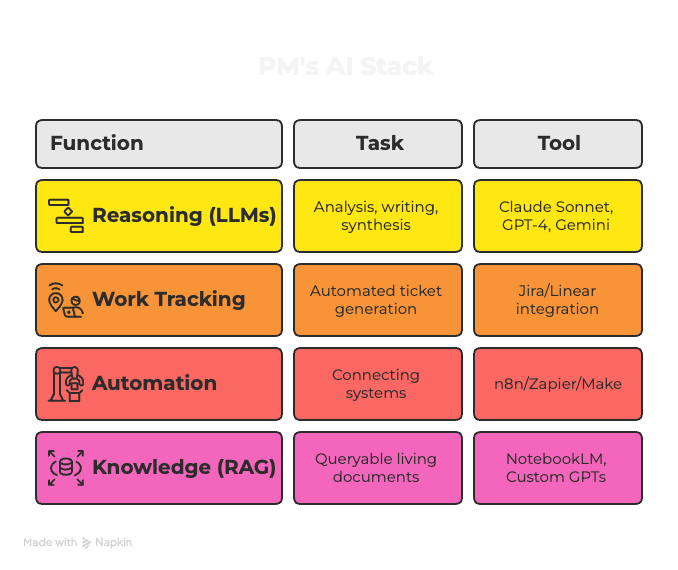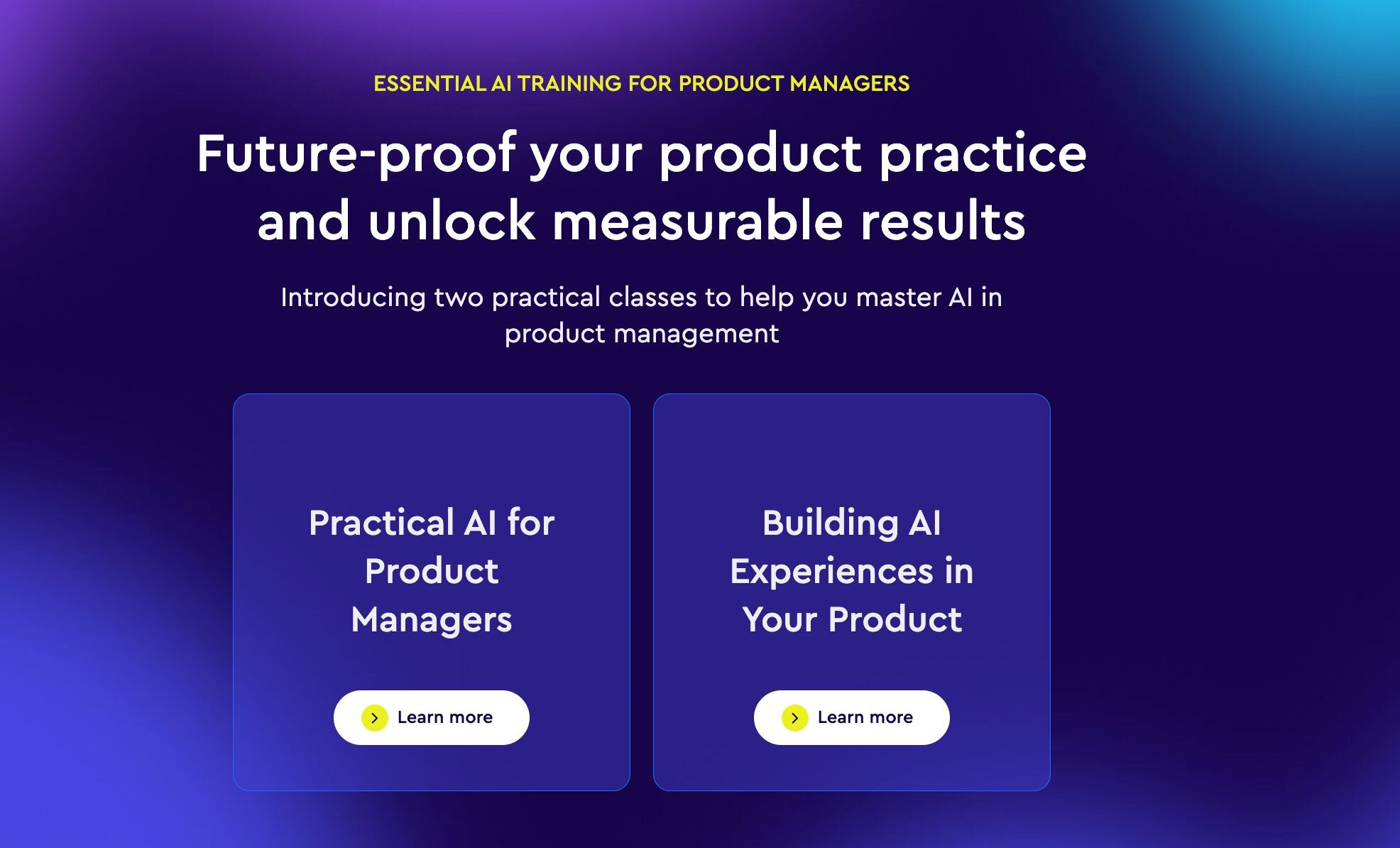Cassie's beginnings
With a personal fondness for data from the age of eight, Cassie Kozyrkov is a seasoned expert in the field of data and AI, undertaking several degrees at the University of Chicago, Duke University, and North Carolina State. Following several years as a technology consultant and statistics lecturer, she undertook a unique role at Google, becoming its first Chief Decision Scientist. Currently serving as the CEO at Data Scientific, Cassie has been immersed in the ever-changing field of data, AI, and the technical realm. Her current mission is to democratise decision intelligence and make AI safe for all.
Decision-making in product innovation
Speaking about the rise of AI tools, Cassie emphasises the need to understand the fundamental 'why'. In the context of building AI products or features, the focus tends to shift towards the practicalities of building the product. Cassie urges practitioners to remain rooted in the purpose behind their code. "Despite the rise of AI tools, there is work to be done to understand why we are building these tools in the first place," she claims.
Cassie underscores the importance of thinking and communicating precisely in a world of technical complexities. Product managers, she argues, cannot afford to tolerate subpar tools or user experiences. "It is the role of product managers to think precisely and ensure that organisations aren’t building AI tools without direction or strategy," she notes.
Staying ahead in the tech ecosystem
Cassie encourages product managers to stay vigilant for new opportunities. She also recommends that this could be pivotal for faster internal workflow processes as technology evolves. "That level of technical knowledge to pick up on trends is very important in an ever-growing acceleration of technological products," she advises.
She predicts that the product manager of the future will play a pivotal role in the future. Influencing how teams collaborate with humans and technology will be key. However amidst AI hype, Cassie reminds us that the product manager remains in charge of how things should work and how challenges should be approached. "The ability to think, plan, and take control over decision-making is critical when navigating the new intricacies in data," she reiterates.
In-demand skills for 2024 and beyond
Looking ahead, Cassie sheds light on the evolving nature of technical jobs. As AI tools become more sophisticated, the focus will shift towards understanding how and why something needs to be done rather than the execution fundamentals. ‘Soft skills’, she argues, will be pivotal to new technical jobs. Especially the ability to communicate and articulate why products and features are being built. “The thinking behind a product will be a skill that never goes away in the future. AI systems don’t think for us,” she says, “that will stay 100% human.”
Cassie issues a thought-provoking challenge to product managers in the realm of automation. Go beyond the confines of tools and AI to uncover the aspects that truly define excellence. She explains that in the future, the most sought-after skills of the future won't solely revolve around building AI products. Instead, the emphasis will shift towards discerning and articulating the 'why' behind these innovations, making the actual process of building them more straightforward," she asserts.
As the conversation with Cassie Kozyrkov comes to an end, her insights resonate with us all as product managers, urging us to continuously learn about new opportunities with AI, while remaining confident that communication, hypothesising, and storytelling are key skills for the future world of work.







